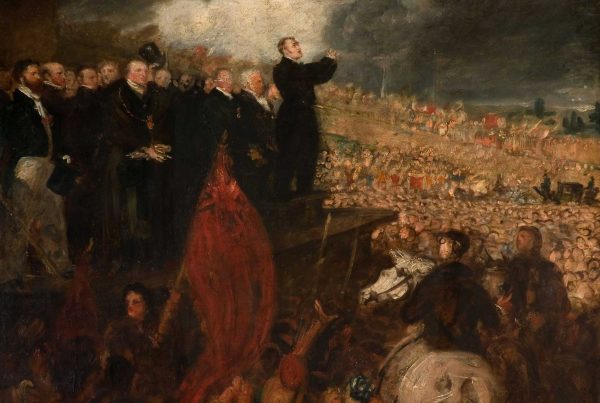Plato (427–347 BC) was born into a powerful family in Athens but abandoned politics after the execution of his teacher, Socrates; he subsequently traveled, became influenced by the Pythagoreans, and eventually established his own school—the famed Academy—in Athens. Almost all of Plato’s surviving work takes the form of a dialogue between Socrates and other interlocutors, and while the earlier dialogues merely demonstrate that many of our (primarily ethical) concepts are poorly understood, later dialogues increasingly present a positive philosophical doctrine. The center piece of Plato’s system is the claim that the physical world is a pale imitation of an ideal world consisting of the “Forms,” unchangeable and incorporeal objects accessible only through theoretical reflection. Physical objects are held to be similar in virtue of instantiating the same Form (“universal”), and it is through direct contact with the Forms that objective knowledge is ultimately possible.
This metaphysical picture also underpins Plato’s ethics. Just as the best life must be one devoted to the appreciation of the Form of Beauty (rather than particular instances of beauty), so, too, must the virtuous life be understood as the harmonious balance of the different parts of the soul focused on the appreciation of the Form of the Good.
In his most famous dialogue, the Republic, Plato theorized the structure, constituency, and conduct of the ideal state. The work has stood the test of time as one of the benchmarks of good government and governance.



































